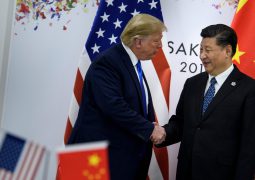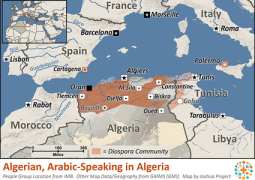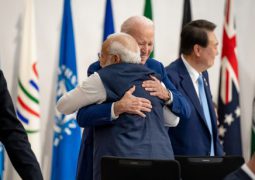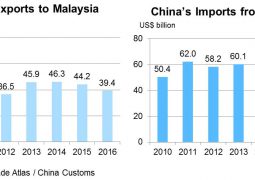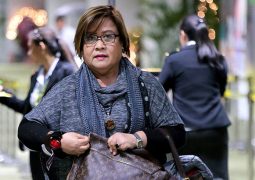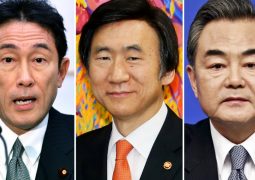Karzai about The Afghanistan Papers
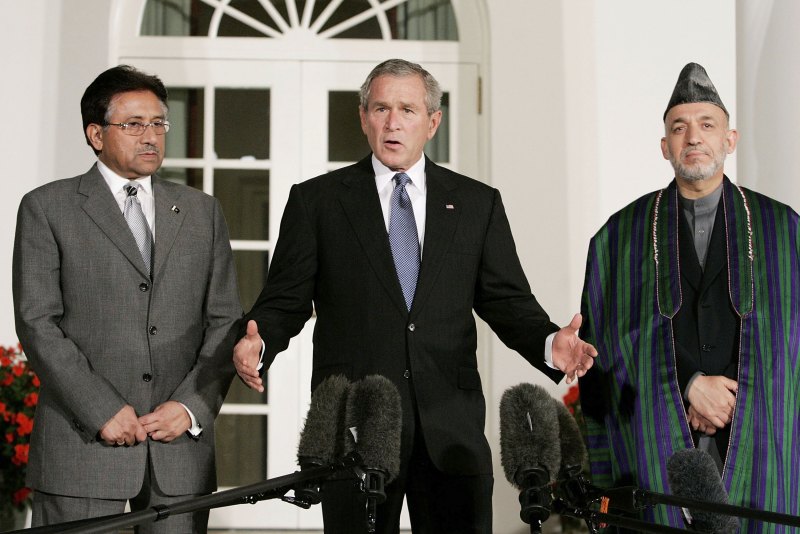
Former Afghan leader Hamid Karzai grew estranged from his American allies during 10 years in power. Here’s what he says about The Afghanistan Papers.
Former Afghan president Hamid Karzai speaks during an interview with the Associated Press in Kabul on Dec. 10. (Altaf Qadri/AP)
KABUL — Hamid Karzai was once handpicked by U.S. officials to lead his war-ravaged country, but he ended up bitterly estranged from them after spending a decade in office, a period when American aid money flooded Afghanistan and the United States struggled to build Afghan defense forces to fight Taliban insurgents in a war that continues today.
Now, the former president has been out of power for five years, although he remains an influential player in Afghan politics. His version of U.S.-Afghan relations during his tenure is sharply at odds with the American version, and he has often depicted himself as the maligned victim of a Western juggernaut that used Afghanistan — and him — for its own ends.
But a Washington Post series this month that exposed years of wasted or trouble-plagued U.S. efforts in Afghanistan — has partly vindicated Karzai’s arguments, even as it portrays his past government as a dysfunctional “kleptocracy” that was unprepared for modern governance.
“Much of it is true,” Karzai said of The Afghanistan Papers during a wide-ranging interview Tuesday at his highly secure residence here. He cited new findings in the report that echoed two of his longtime assertions: that Afghan contracts with U.S. agencies were widely plagued by corruption and that U.S. military officials played down problems with civilian casualties.
“A lot of effort was made to hide the facts, especially on civilian casualties,” he said. He described a “major fight” with U.S. military officials in 2007, in which he pressed them to stop raiding homes and bombing villages. “I told them so many times, ‘If you want to fight terrorism and bad people, I won’t stop you, but please leave the Afghan people alone,’ ” Karzai said.
The Post series was based on interviews conducted by the U.S. Office of the Special Inspector General for Afghanistan Reconstruction. The interviews showed widespread official disillusionment with efforts to build a modern Afghan state, economy and defense force,. Some U.S. officials cited in interviews expressed frustration that he was buying off warlords and tribal chiefs instead of acting like a modern elected leader.
But some officials interviewed privately expressed the same frustrations that Karzai did while he was president, especially about the problems created by excess American aid. “Instead of bringing stability and peace,” the report said, “the United States inadvertently built a corrupt, dysfunctional Afghan government that remains dependent on U.S. military power for its survival.”
Karzai has not been accused of personal corruption, but officials in his past administrations have been implicated in cases of fraud and financial crimes. The largest bank in Kabul, of which his brother was a board member, collapsed in 2010 after its officers stole hundreds of millions of dollars. Karzai was accused by Afghan rivals and U.N. officials of stealing 2009 elections via ballot stuffing.
In the interview, Karzai said he was initially naive and then increasingly alarmed about corruption, but he maintained that his efforts to curb it were opposed by U.S. officials for various reasons. Ultimately, he said, he concluded that corruption was an inevitable product of massive foreign funds pouring into a poor, conflicted country that had no way to properly use or monitor them. The U.S. government has spent more than $133 billion in Afghanistan since 2001.
Karzai said the pivotal incident in this narrative was his attempt in 2008 to ban all Afghan companies from obtaining US contracts after realizing that huge sums were ending up in individual pockets. He said he came under “huge pressure” from U.S. and British officials to allow the contracts to continue but that he insisted on carrying out the ban.
“I was shocked,” he said, at both the extent of the corruption and the pushback by his top foreign military allies. He said he also came to realize that civilian aid contracts were hemorrhaging money to subcontractors while projects languished.
Several U.S. officials quoted in the Post report made similar observations. One said the vast flow of aid was like pouring too much water into a funnel too fast.
“We were flooding the ground,” he said. Another described emergency funds sent to strengthen governance in neglected provinces as “crack cocaine” that addicted “every agency it affected.”
Ryan Crocker, a former U.S. ambassador to Afghanistan and Pakistan, said in an interview published in the report, “I always thought Karzai had a point, that you cannot just put those amounts of money into a very fragile state and society, and not have it fuel corruption. You just can’t.”
But Karzai insisted Tuesday that U.S. officials in Afghanistan had actively worked to undermine him, accusing them of waging an unseen “war” against him in the media and elsewhere, in part because he refused to renew a bilateral security agreement. “I saw the war against me intensifying,” he said. “I concluded that I was being used as a tool.”
- Previous Iran says it opposes US-Taliban talks
- Next The General, who served well! Now Musharraf sees “personnel vendetta”



